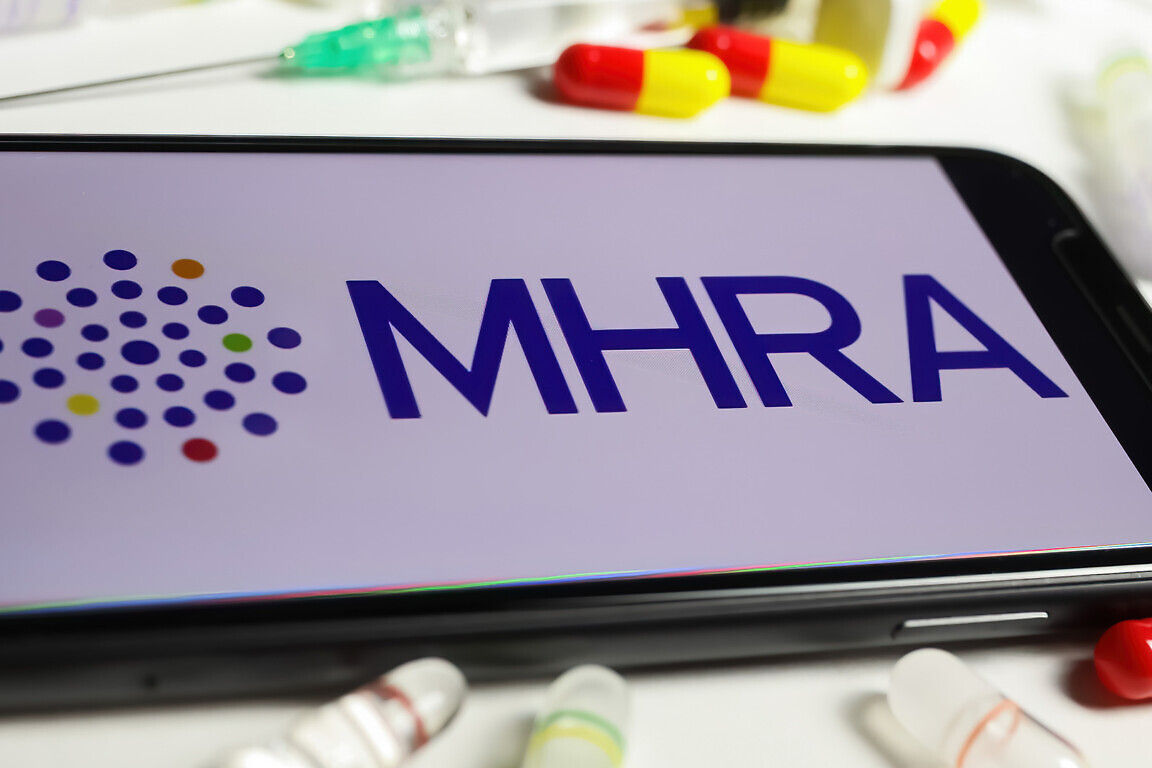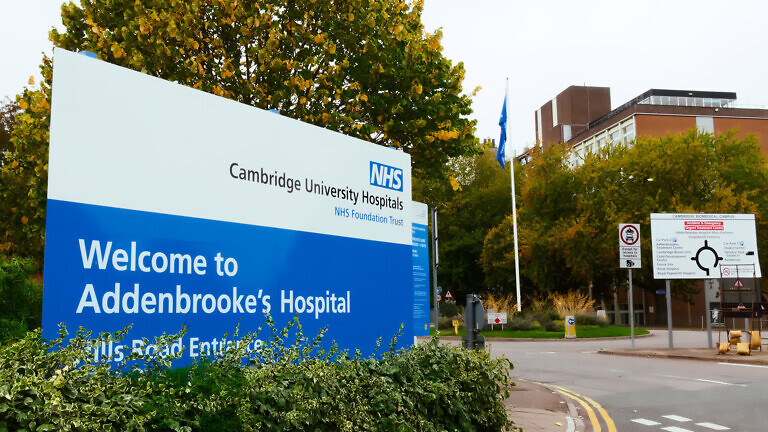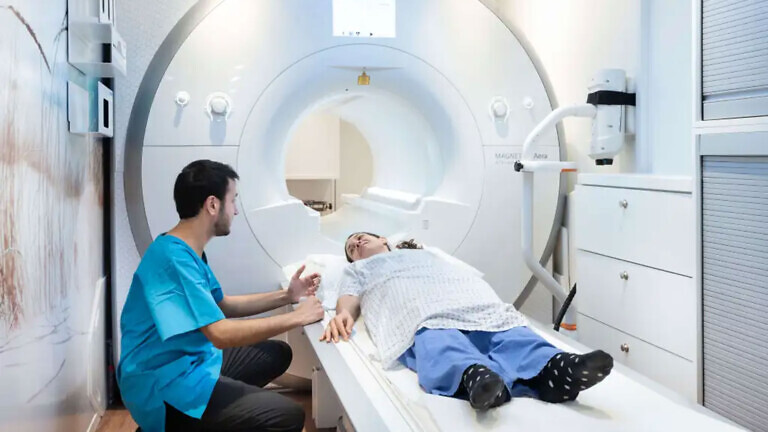Last year, the Medicines and Healthcare products Regulatory Agency stopped criminals making more than £7.5 million linked to the illegal trade in medicines.
More than 17 million doses of illegally traded medicines were taken out of circulation last year by the Medicines and Healthcare products Regulatory Agency (MHRA) and its law enforcement partners. These included painkillers, sleeping tablets and erectile dysfunction treatments.
The MHRA’s Criminal Enforcement Unit (CEU) leads efforts to disrupt medicine crime. Using its legislative powers, it can freeze bank accounts, intercept digital currencies, seize luxury goods and confiscate the proceeds of crime following conviction.
In 2024, the CEU’s financial investigators denied criminals access to a total of £7.5 million in criminal assets.
“Criminals are in the illegal medicines trade for one reason only, to make money. By seizing their profits, we’re removing that single motivation,” said Andy Morling, who heads the MHRA’s Criminal Enforcement Unit (CEU).
Unlicensed
Most of the seized medicines are not licensed for sale in the UK and they can contain too much or too little of the declared active ingredient and may also contain other ingredients that are not approved for use.
The 17 million doses seized include 5.5 million doses of erectile dysfunction medicines, 5.5 million doses of pain treatments, 2.8 million doses of sedatives, 1.6 million doses of sleep disorder treatments, and 1.9 million doses of other medicines.
The CEU also continued to target those individuals and networks illegally trading in medicines online, disrupting more than 1,500 websites and posts on social media accounts selling medicinal products illegally.
“We work tirelessly to protect patients by preventing medicine crime, disrupting it, and bringing offenders to justice. We do this by working with partners to remove illegally traded medicines from circulation, deny the criminal networks the proceeds of their crimes and disrupt online criminality,” added Morling.



